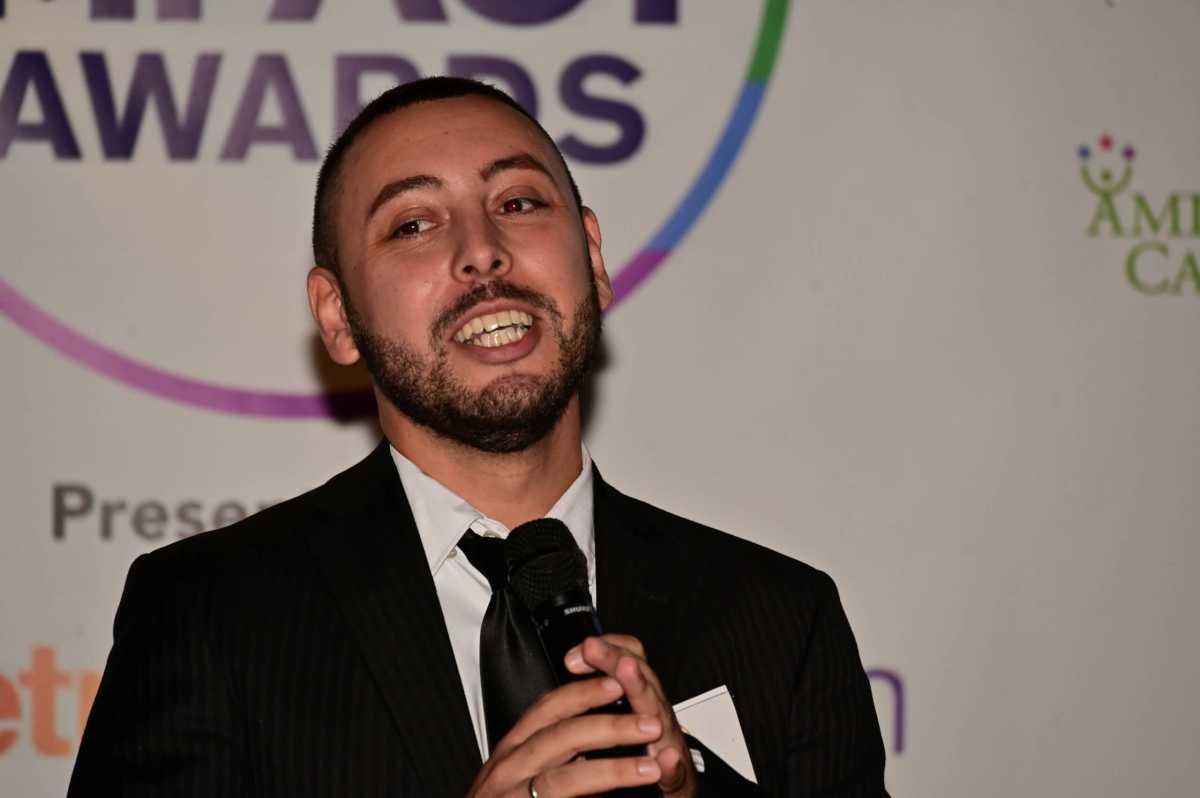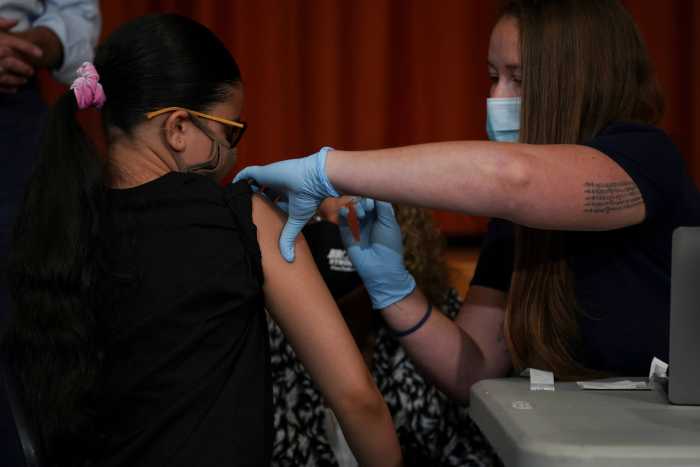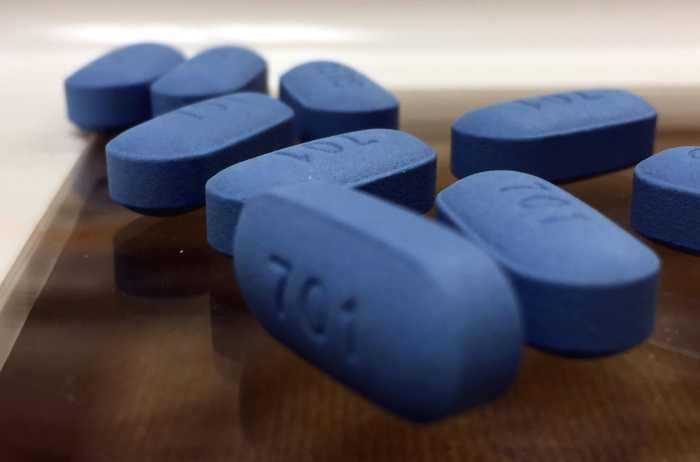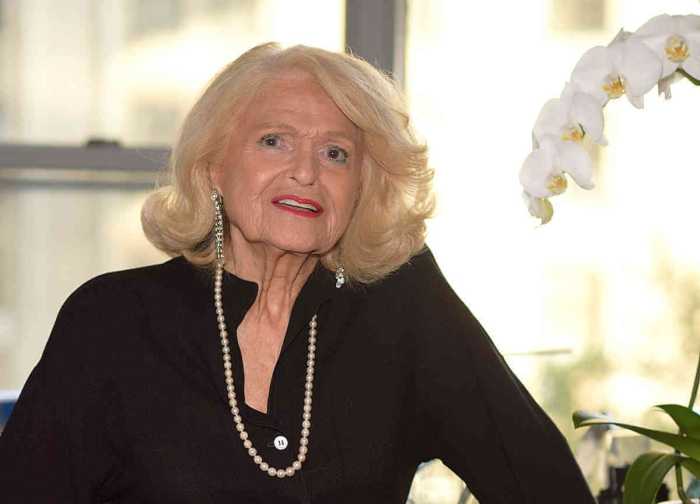The sudden arrival of the COVID-19 pandemic in 2020 left non-profits across New York City scrambling to navigate the difficult balancing act of maintaining services while prioritizing safety. Some shuttered briefly and subsequently re-opened under strict protocols, while others went completely remote.
The approach varied by organization, but the goal remained: to provide for those in need — especially when marginalized populations faced even greater vulnerability.
Many COVID-related restrictions have since been scaled back — at least while cases remain low — but some non-profits have embraced the changes they implemented during the pandemic.
APICHA Community Health Center, which serves Asian and Pacific Islander communities as well as other people of color and those living with HIV/AIDS, was among the organizations that stayed open throughout the darkest days of the pandemic. When the state imposed COVID restrictions, APICHA implemented a rotation of on-site and remote services and incorporated telehealth options for clients. They also welcomed donations of personal protective equipment.
“Those moves ensured uninterrupted services while observing the mandated social distancing and other safety measures,” APICHA spokesperson Phillip Miner told Gay City News.
The team at the Brooklyn Community Pride Center, which provides a variety of services and a safe space for queer Brooklynites, pivoted to virtual offerings when the pandemic hit — and that translated into a 300 percent increase in demand for their programs, according to Omari Scott, the organization’s director of development and communications. In the spring of 2021, the Brooklyn Community Pride Center distributed more than $40,000 in cash to 43 households in need — particularly BIPIC folks, immigrants, and trans and non-binary individuals..
“Since then, we have continued to offer dozens of programs virtually — albeit with a decrease in virtual participation starting around spring 2020,” Scott said. “We reopened our doors to cautious and limited in-person programs in July 2021.”
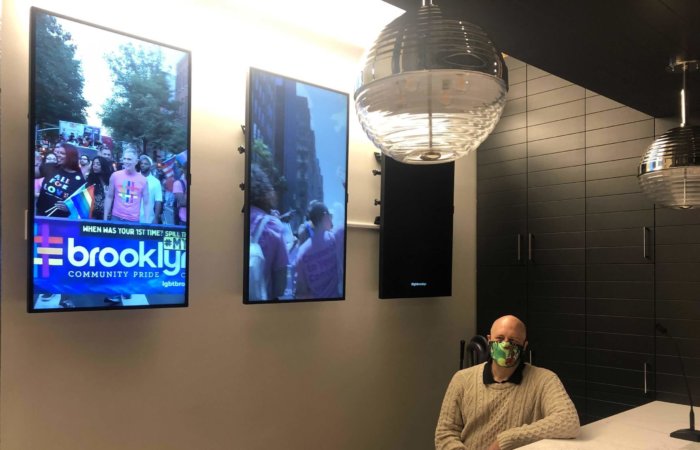
The early days of the pandemic also prompted the Latino Commission on AIDS and its OASIS Latino LGBTQ Wellness Center to pivot to virtual work, though they also launched a “COVID emergency support service” to serve clients who were sick. However, the organization soon realized remote services had limitations.
“Due to the nature of our work, and the realities of our community, we did not have the privilege of working from home in the long term,” Lucciano Reberte, the community engagement director for the Latino Commission on AIDS, told Gay City News. “And in two months, we resumed in-person services while developing a hybrid model of in-person and telehealth services.”
Those telehealth services have remained in place to this day, serving as a key example of the ways in which many non-profits have brought the pandemic-related changes into the future. This has also been evident through the organization’s at-home HIV testing services, which opened up new opportunities for the Latino Commission on AIDS to partner with providers in order to support their efforts to bring “tele-PrEP” offerings to Latinx communities.
“The silver lining of this pandemic cloud is that virtual engagement with the community has catapulted the [OASIS Latino LGBTQ Wellness Center] to expand geographically, allowing people from different states — and even internationally — to virtually attend social event and support groups,” Reberte explained.
APICHA also capitalized on the benefits of telehealth by using it to bolster mental health services. That, in turn, allowed APICHA to provide clients with greater access to food and insurance resources. The organization also worked to serve clients during the pandemic by distributing at-home HIV tests and delivering medications directly to clients at their homes.
Notably, APICHA also pointed to a $1 million grant from the governor’s office that allowed the organization to ramp up vaccine access among Asian and Pacific Islander communities.
Even as the pandemic led to widespread financial constraints, the era coincided with a period of growth for some non-profits — including plans that were already in the works. APICHA, which is headquartered at 400 Broadway in Manhattan, has plans to open another location in Jackson Heights, while the Brooklyn Community Pride Center opened a new headquarters in Crown Heights last October.
“Today, with the opening of our second location in Crown Heights, we are roaring back to life with a robust blend of virtual and in-person programming,” Scott said. “Social isolation has been a real issue for many members of the community, even prior to the pandemic, and we take tremendous pride in our ability to keep our community connected. We are more dedicated than ever to providing queer-affirming services and safe, accepting spaces for LGBTQ+ Brooklynites.”

